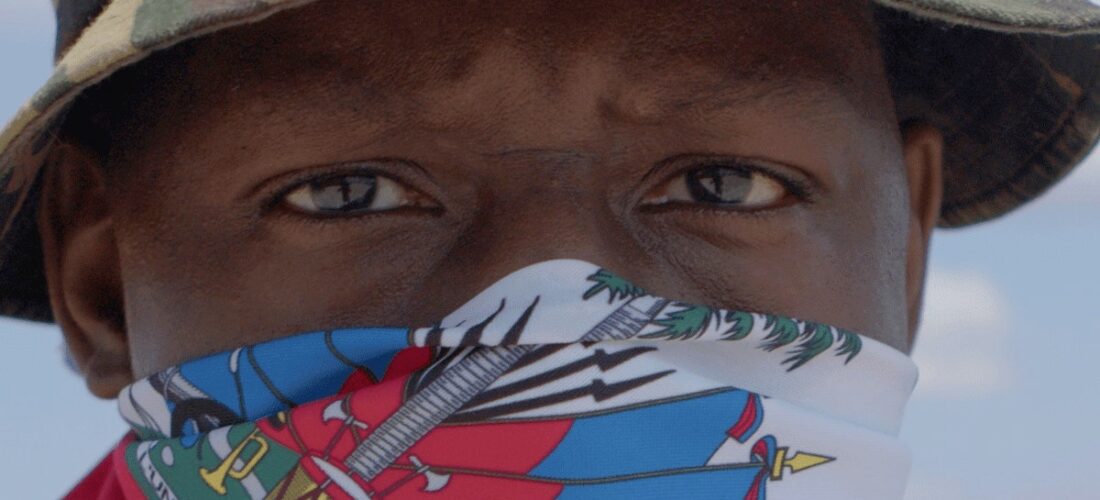Mach-Hommy has accomplished a rare form of anonymity in the digital age. He’s rarely seen without a mask or Haitian flag bandana adorning his face, plus it’s borderline impossible to find his government name online. But even in candid moments, he keeps his cards close. Mach’s virtual listening event for #RICHAXXHAITIAN, which was designed to welcome listeners into his world, felt shrouded in intentional secrecy: A pair of streams that ran the album once, with no fast-forwarding or rewinding available, no lyrics provided, and buffering and skipping to be expected. The brand of confidentiality he’s built as part of his public persona—marked by a refusal to explain himself, instead letting his knowledge and skill say it all—is akin to a tenured professor who is allergic to slowing down as they blister through lectures. Only if you engage with the material with attention and care will the image of Mach become a little clearer.
#RICHAXXHAITIAN is Mach’s first solo venture in nearly three years, since the critically acclaimed Pray for Haiti and Balens Cho (Hot Candles) dropped in 2021. The list of collaborators is packed with familiar faces: Fellow underground darlings, like Sadhugold, Conductor Williams, and Quelle Chris, help out on production duties, while Tha God Fahim, Your Old Droog, and other guests contribute verses. But the close-knit circle doesn’t mean Mach needs to rely on old tricks; instead, he’s thrillingly meticulous, putting his talent for daisy-chaining raps and concepts on full display. #RICHAXXHAITIAN is his most expansive project since 2016’s HBO (Haitian Body Odor); it’s an opus executed with a level of precision that’s come to be expected of the prolific rapper.
Mach has cemented himself as a shapeshifter, contorting his voice to rap, sing, and glide over the grainy surface of his beats. And while #RICHAXXHAITIAN is a quintessential Mach-Hommy project—the mixing makes his words garble through the muddiness as if they’re hazy memories, similar to previous records—the production landscape is vast enough to evoke all of his vocal personalities. The percussive crashes and soothing scales from the hands of pianist Georgia Anne Muldrow create the perfect foil for Mach’s morose bars on “Sonje.” His crooning against the accordion on “The Serpent and the Rainbow,” the storybook piano loops of the Quelle Chris-composed “Copy Cold,” and the trudging drums of “Antonomasia” are perfect for headphones on a sub-zero day in Newark in 1997. All register as adventures born out of ease and supreme confidence.
